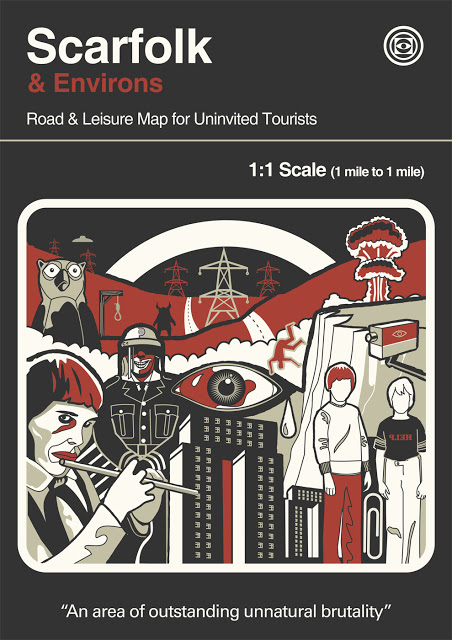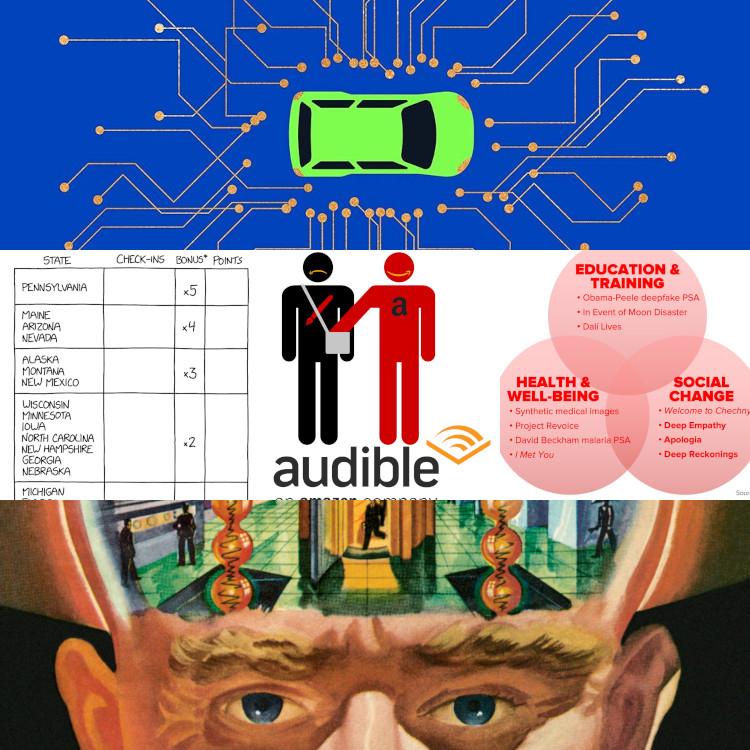
Highlander, Parking fight intro sequence (1986) wilwheaton.tumblr.com/post/633782023…
Highlander, Parking fight intro sequence (1986) wilwheaton.tumblr.com/post/633782023…
Highlander, Parking fight intro sequence (1986) wilwheaton.tumblr.com/post/633782023…
Highlander, Parking fight intro sequence (1986) wilwheaton.tumblr.com/post/633782023…
Highlander, Parking fight intro sequence (1986) wilwheaton.tumblr.com/post/633782023…
• • •
Missing some Tweet in this thread? You can try to
force a refresh








